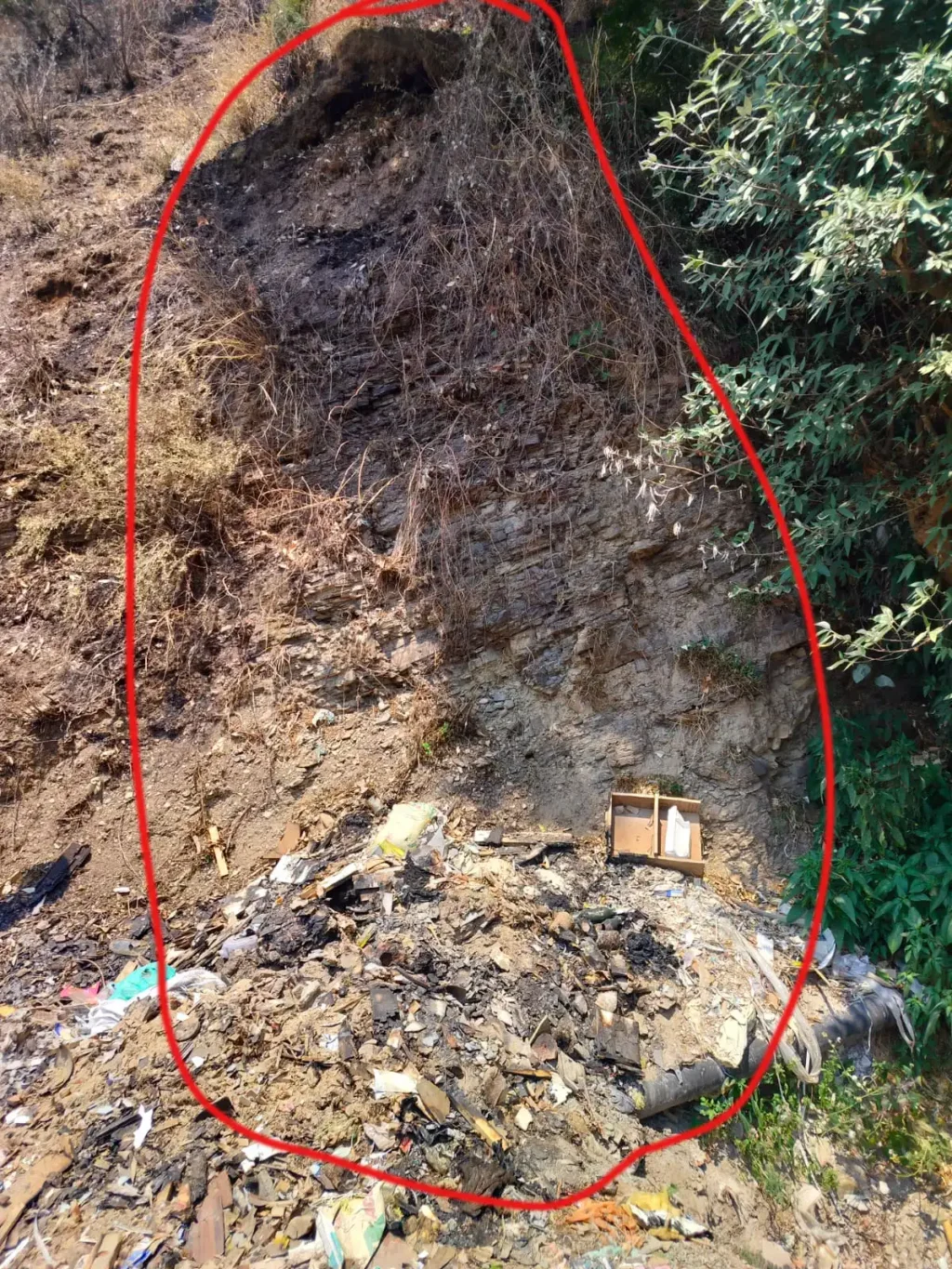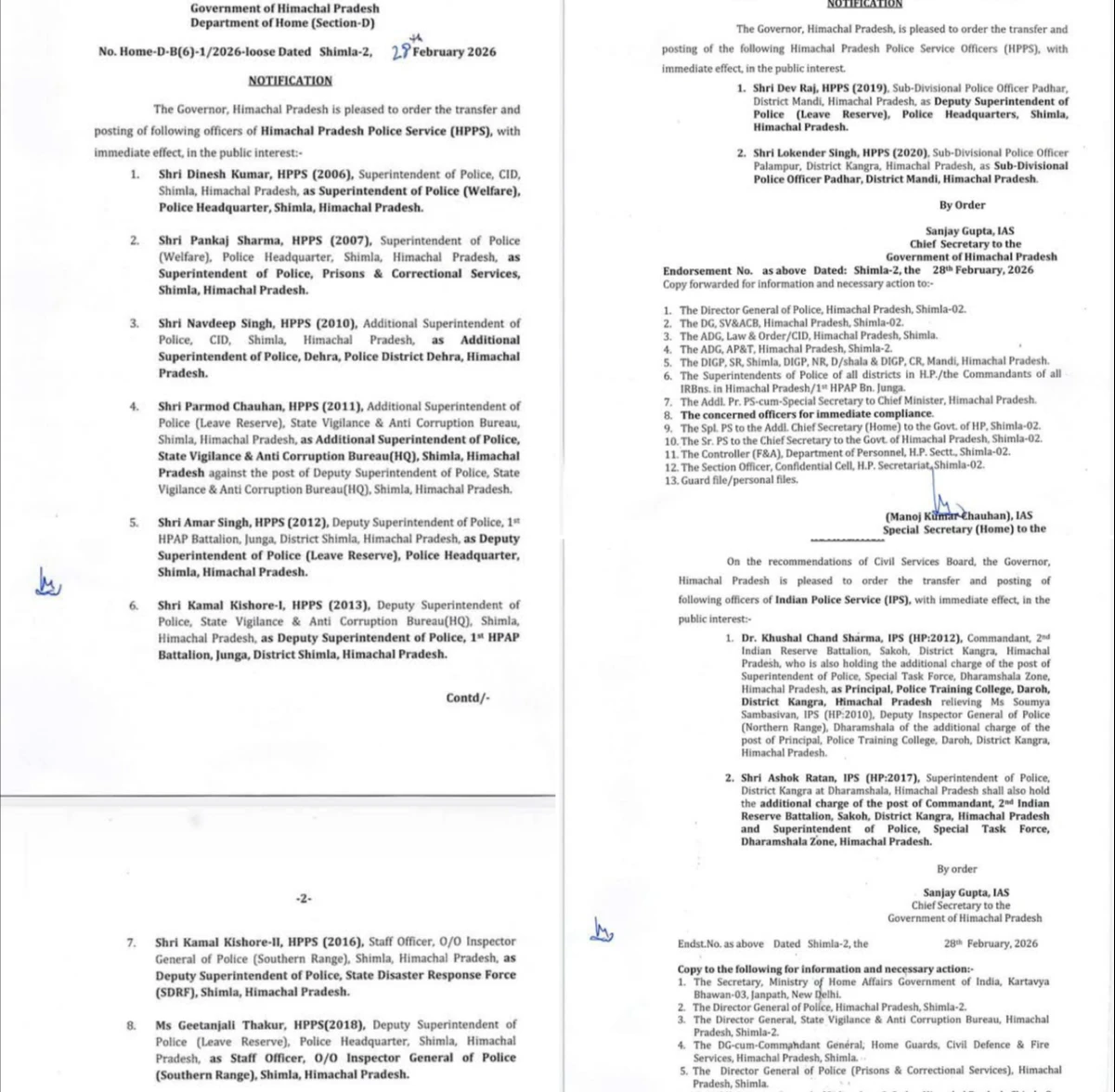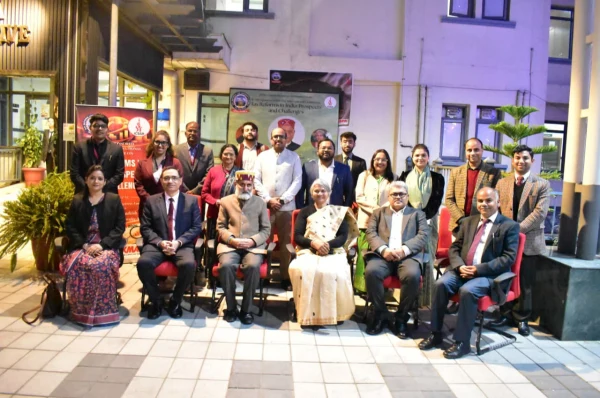Shimla Burns While Authorities Sleep: Forest Fires Expose Deep-Rooted Administrative Failure
3 min read
Shimla, June 14, Ritanjali Hastir
Shimla, the once-pristine jewel of the Himalayas, is now engulfed in a crisis of monumental proportions. Rampant forest fires have become a terrifying norm, with recent blazes devastating Chakkar, Jutog, Shankli, Tutikandi, Taradevi and numerous other areas. These infernos, often sparked by burning garbage igniting dry grass, have not only threatened lives and homes but also laid bare the severe negligence and inaction of the Shimla Municipal Corporation (MC) and the Pollution Control Board.
The administrative response has been nothing short of disastrous. Despite the escalating crisis, there is a shocking lack of effective measures to prevent these fires. The Pollution Control Board, tasked with managing environmental hazards, has remained conspicuously silent. Simultaneously, the Shimla MC has utterly failed to enforce basic waste management protocols, allowing garbage to pile up and become tinder for these devastating fires. The lack of Forest Department’s involvement further leads the question the future of the City and the State. Three important bodies of the City failed to save the natural wealth and when all is over, they suddenly rise to harp about afforestation, climate changeand plantation drives. To what Effect?
The ruling government’s tepid approach to enforcing environmental regulations, which exist only on paper, highlights a clear prioritization of political gain over public safety and environmental stewardship. Ward councillors, elected to ensure civic order, are conspicuously absent in addressing this crisis. Instead of acting against residents who recklessly dump garbage on hill slopes, councillors have chosen to turn a blind eye. This negligence not only pollutes the environment but also creates significant fire hazards. Municipal workers, faced with the immense challenge of cleaning these hazardous sites, are often forced to burn the filth, inadvertently acting as catalysts for the forest fires.
It is a glaring indictment of systemic failure that the High Court repeatedly has to intervene to manage issues that local authorities should handle. A few years ago, Justice Trilok Chauhan had to seek an explanation when the Tutikandi Bal Ashram, which houses infants, was surrounded by wildfire. This over-reliance on judicial intervention raises a critical question: if the High Court must constantly step in, why not dissolve the ineffective boards and departments, thus reducing the financial burden on the state’s exchequer?
Shimla’s water crisis is yet another casualty of these rampant forest fires. A significant portion of the city’s water supply is diverted to control these blazes, leaving residents with dwindling resources for their daily needs. This situation underscores the interconnected nature of environmental mismanagement and resource depletion.
Shimla is at a breaking point. The relentless forest fires, exacerbated by administrative apathy and political indifference, are destroying the natural beauty and liveability of this historic city. The authorities, from the Shimla MC to the Pollution Control Board, must be held accountable for their inaction. Strict enforcement of environmental regulations and proactive waste management strategies are urgently needed.
The residents of Shimla deserve better than to live in constant fear of the next fire. They deserve clean air, adequate water, and responsible governance. It is time for the ruling government and local bodies to wake up, take decisive action, and protect Shimla from further devastation. The High Court should not be the sole guardian of the city’s welfare; it is time for all responsible entities to step up and fulfill their duties.






